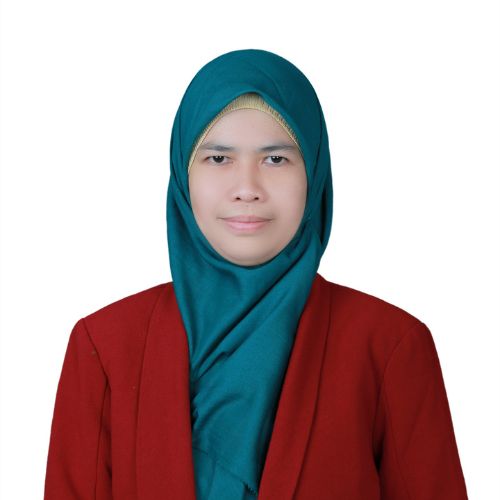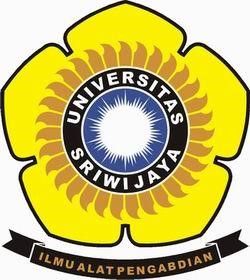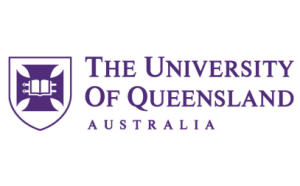How Moms Battled Stunting and Wasting in Slums Along the Musi River in Palembang city, Indonesia
Speakers

Najmah
Lecturer in the Public Health Faculty of Sriwijaya University, South Sumatra, Indonesia

Dr. Jenny Munro
Cultural anthropologist with expertise in gender, racism, medical anthropology, and critical global health
Moderator

Nanya Burki
Head of Development & Partnerships at Nuffic Southeast Asia
Event Details
Session description
This presentation considers the resilience of mothers in a Musi River Bank slum in Palembang, Indonesia by examining how they are combatting stunting and wasting in children. Using Feminist Participatory Action Research, the study involved 40 mothers and 40 health cadres. Thematic analysis revealed factors contributing to stunting, including poverty and fragmented programs. Promising strategies include promoting native foods, social media campaigns, and localized materials. Despite limited resources, leveraging women’s expertise and local knowledge holds potential in preventing stunting and wasting in the Musi River Bank area, South Sumatra
Abstract:
Problem statement:
Stunting and wasting is a major public health concern in Palembang, Indonesia. About 25% of children in South Sumatra are affected by stunting, according to the 2021 Indonesian Nutritional Status Study (SSGI). In Palembang, 50% of stunting occurs in children living around the Musi River Bank because. This presentation reports on a qualitative study that investigated mother’s activities to avoid stunting and wasting in a Musi River Bank settlement.
Methods:
Through focus group discussions and photovoice methods, Feminist Participatory Action Research explored the perspectives of 40 mothers and 40 public health cadres (kader posyandu) in Palembang. Thematic analysis was undertaken in Indonesian languages.
Results:
Many intersecting factors contribute to stunting, while wasting prevention efforts face barriers such as poverty, patriarchal socio-religious system, low literacy, and unintegrated programmes within different government agencies. However, there is a lot of potential that can be realized if a holistic approach that values local wisdom is followed. First, public health students, mothers, and public health cadres are partnering to promote Palembang native foods as primary protein sources for mothers and children. Mothers tend to sacrifice their food for the children, especially nutritious foods, but this can cause other problems for the family and the woman. and if she is having more children, the children will be affected by her nutritional status. Second, a positive campaign was conducted through social media to decrease the stigma associated with stunting and wasting and increase acceptance. Third, books, posters and leaflets were made in basic and local languages with local female cadres and mothers.
Conclusion:
Even with limited resources, women’s expertise and knowledge can be used to help prevent stunting and wasting in impoverished areas along the Musi River Bank. An approach that recognises women’s agency and resilience helps prevent stigmatisation and engages the community in health partnerships. Further policy recommendation is to involving public health cadres and mothers to develop health promotion with local languages and integrated the health promotion outputs, such as leaflet, videos and poster into website and social media.
Keywords: stunting and wasting, women’s knowledge, empowerment, socio-religious patriarchal system
Key takeaways that you hope the audience would get from your session
- Stunting and Wasting Prevalence: Understand that stunting and wasting are significant public health concerns in Palembang, Indonesia, particularly concentrated around the Musi River Bank area. This highlights the urgency of addressing these issues as 50% of stunting locus or targeted areas for decreasing stunting prevalence are located in Musi River Bank.
- Resilience of Mothers: Recognize the resilience of mothers in the Musi River Bank slum who are actively engaged in combatting stunting and wasting despite challenging circumstances. This resilience is a valuable resource for addressing these problems within local communities.
- Feminist Participatory Action Research: Learn about the innovative approach of Feminist Participatory Action Research, which involved the perspectives of mothers, public health cadres, and health workers. This approach empowers local communities and incorporates their insights into problem-solving.
- Determinants of Stunting: Understand that stunting is influenced by multiple factors, including poverty, socio-religious patriarchal systems, low literacy, and fragmented government programs. Recognize the complexity of the issue.
- Promising Strategies: Explore the promising strategies identified in the study, such as promoting native foods as primary protein sources, conducting positive social media campaigns to reduce stigma, and creating educational materials in local languages. These strategies offer practical solutions.
- Local Wisdom and Expertise: Emphasize the importance of valuing local wisdom and women’s expertise in addressing stunting and wasting. This approach can leverage limited resources effectively.
- Community Collaboration: Highlight the collaborative efforts of public health students in Sriwijaya University, mothers, and public health cadres in promoting native foods and conducting awareness campaigns. This community-driven approach is key to success.
- Resource Optimization: Realize that, even with limited resources, significant progress can be made in preventing stunting and wasting by harnessing the knowledge and skills of local women. The importance of using local languages is one of key successful in health promotion within lower-level of education among mothers in Palembang.


Video Recording



